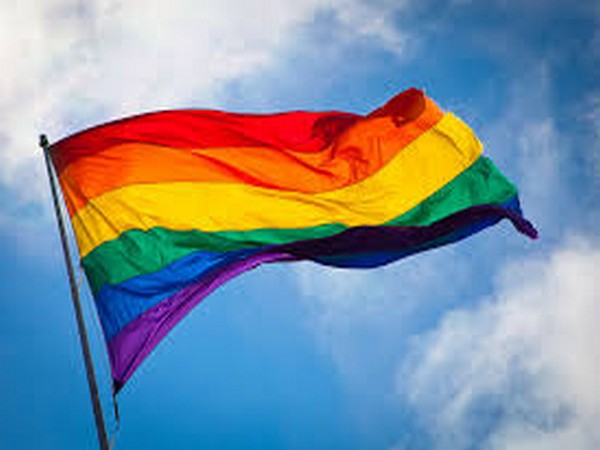Hungary's anti-LGBTQ+ law casts shadow over drag queen contest
Hungary's parliament passed legislation on June 15 that strengthens rules against paedophilia and bans the dissemination of content in schools deemed to promote homosexuality and gender reassignment. The law comes into effect next week, and performers, guests and organisers at the contest said they feared its impact on Hungary's LGBTQ+ community.

- Country:
- Hungary
In a backroom of a dilapidated former factory outside Budapest, contestants wearing huge fake eyelashes and glittering dresses are preparing for Hungary's annual drag queen competition, all the while hoping it will not be the last.
"Let's party hard while we still can," drag queen Bonnie Andrews called out to a cheering audience as she took to the stage in a black evening gown and tiara. Hungary's parliament passed legislation on June 15 that strengthens rules against pedophilia and bans the dissemination of content in schools deemed to promote homosexuality and gender reassignment.
The law comes into effect next week, and performers, guests, and organizers at the contest said they feared its impact on Hungary's LGBTQ+ community. Contestant Katheryne Taylor said she was worried the law could embolden those intolerant of the LGBTQ+ community.
"We are afraid to get on the tram. When we do so, we put our hands in our pockets to hide our painted nails. We have always done this, though," she said. Hardline nationalist Prime Minister Viktor Orban, who faces an election next year, has grown increasingly radical on social policy, railing against LGBTQ+ people and immigrants.
Orban came under fire at last week's summit of EU leaders over the law, which Germany's European affairs minister has said clearly violates European Union values. A Swedish minister called the legislation "grotesque." "I do not think we should be conflated with, and I don't think something like this should happen in the 21st century," said Myra Pixel as she prepared for her performance.
Contest organizer Tamas Doka said he had tried to make sure no protesters showed up on the night, and that the venue - a converted factory in a crumbling industrial estate on the outskirts of Budapest - was partly chosen for security reasons. "They are scared. Scared of ...extremists starting to throw things at them, of being hurt verbally," he said. "The location allows us to let guests in, lock the door, and then anyone else needs to ring the bell. We are isolated here."
Under the new law, drag shows will not be banned but will have to start after 10 p.m. with no minors allowed in the audience. All of the performers Reuters talked to said that they were worried by the new legislation, but that they had not had any negative experiences so far.
Last year's winner Valerie Divine said most Hungarians accepted the LGBTQ+ community. "I feel very lucky in that respect."
(This story has not been edited by Devdiscourse staff and is auto-generated from a syndicated feed.)
- READ MORE ON:
- European Union
- Budapest
- Swedish
- Hungarians
- Hungary
- Viktor Orban
- European
- Germany










